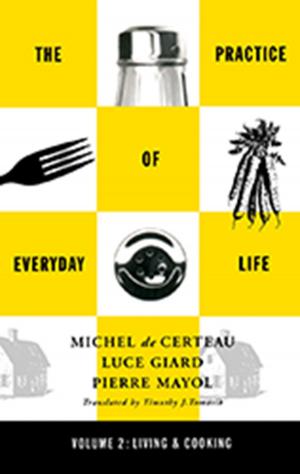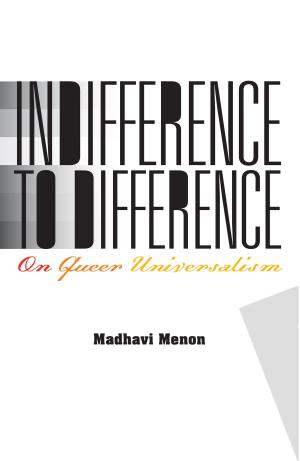Brand Aid
Shopping Well to Save the World
Business & Finance, Marketing & Sales, Consumer Behaviour, Nonfiction, Social & Cultural Studies, Political Science| Author: | Lisa Ann Richey, Stefano Ponte | ISBN: | 9781452916569 |
| Publisher: | University of Minnesota Press | Publication: | November 30, 2013 |
| Imprint: | Univ Of Minnesota Press | Language: | English |
| Author: | Lisa Ann Richey, Stefano Ponte |
| ISBN: | 9781452916569 |
| Publisher: | University of Minnesota Press |
| Publication: | November 30, 2013 |
| Imprint: | Univ Of Minnesota Press |
| Language: | English |
“Has there ever been a better reason to shop?” asks an ad for the Product RED American Express card, telling members who use the card that buying “cappuccinos or cashmere” will help to fight AIDS in Africa. Cofounded in 2006 by the rock star Bono, Product RED has been a particularly successful example of a new trend in celebrity-driven international aid and development, one explicitly linked to commerce, not philanthropy.
In Brand Aid, Lisa Ann Richey and Stefano Ponte offer a deeply informed and stinging critique of “compassionate consumption.” Campaigns like Product RED and its precursors, such as Lance Armstrong’s Livestrong and the pink-ribbon project in support of breast cancer research, advance the expansion of consumption far more than they meet the needs of the people they ostensibly serve. At the same time, such campaigns sell both the suffering of Africans with AIDS (in the case of Product RED) and the power of the average consumer to ameliorate it through familiar and highly effective media representations.
Using Product RED as its focal point, this book explores how corporations like American Express, Armani, Gap, and Hallmark promote compassionate consumption to improve their ethical profile and value without significantly altering their business model, protecting themselves from the threat to their bottom lines posed by a genuinely engaged consumer activism. Coupled with the phenomenon of celebrity activism and expertise as embodied by Bono, Richey and Ponte argue that this “causumerism” represents a deeply troubling shift in relief efforts, effectively delinking the relationship between capitalist production and global poverty.
“Has there ever been a better reason to shop?” asks an ad for the Product RED American Express card, telling members who use the card that buying “cappuccinos or cashmere” will help to fight AIDS in Africa. Cofounded in 2006 by the rock star Bono, Product RED has been a particularly successful example of a new trend in celebrity-driven international aid and development, one explicitly linked to commerce, not philanthropy.
In Brand Aid, Lisa Ann Richey and Stefano Ponte offer a deeply informed and stinging critique of “compassionate consumption.” Campaigns like Product RED and its precursors, such as Lance Armstrong’s Livestrong and the pink-ribbon project in support of breast cancer research, advance the expansion of consumption far more than they meet the needs of the people they ostensibly serve. At the same time, such campaigns sell both the suffering of Africans with AIDS (in the case of Product RED) and the power of the average consumer to ameliorate it through familiar and highly effective media representations.
Using Product RED as its focal point, this book explores how corporations like American Express, Armani, Gap, and Hallmark promote compassionate consumption to improve their ethical profile and value without significantly altering their business model, protecting themselves from the threat to their bottom lines posed by a genuinely engaged consumer activism. Coupled with the phenomenon of celebrity activism and expertise as embodied by Bono, Richey and Ponte argue that this “causumerism” represents a deeply troubling shift in relief efforts, effectively delinking the relationship between capitalist production and global poverty.















